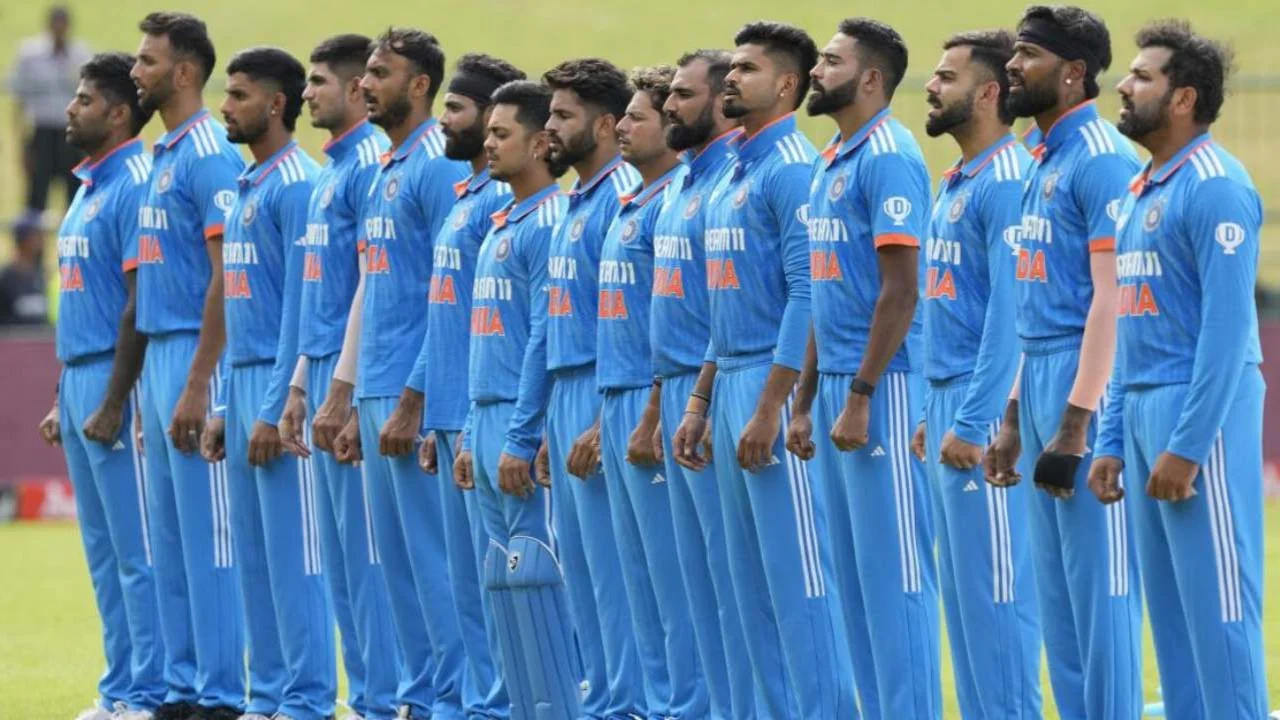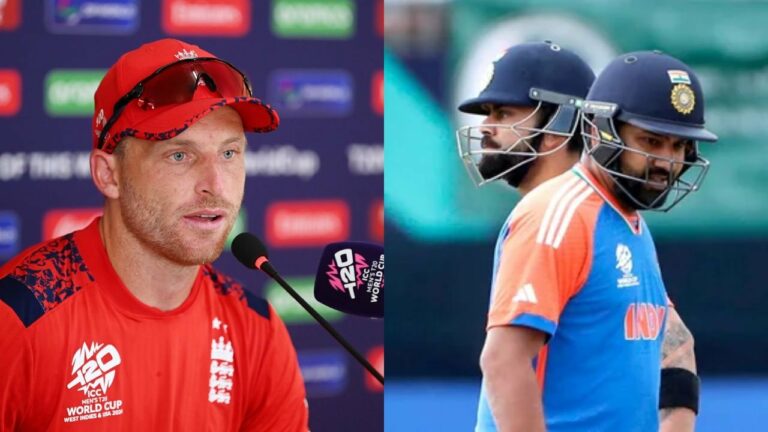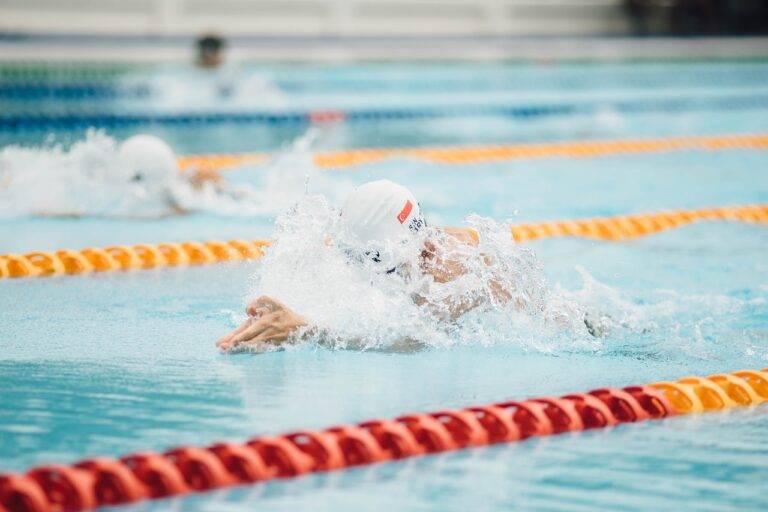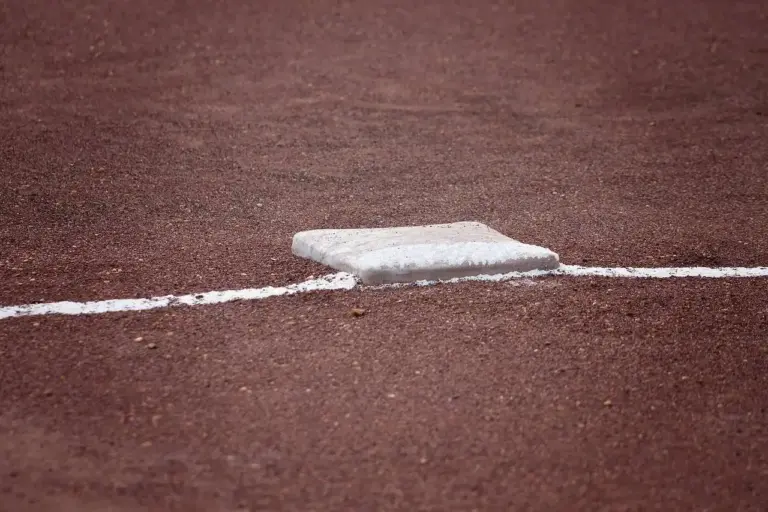Legal Considerations for IPL Player Retention Policies: Laser247, Gold365, 11xplay
Laser247, Gold365, 11xplay: In the realm of sports law, various key legal principles guide the interactions between players, teams, and governing bodies. One fundamental principle is that of contract law, which ensures that agreements between parties are legally binding and must be upheld. These contracts establish the rights and obligations of both players and teams, emphasizing the importance of clarity and specificity in drafting these documents. Additionally, the concept of negligence plays a crucial role in sports law, as it pertains to the duty of care that teams and organizers owe to players and spectators. Failure to uphold this duty can result in legal consequences, making it imperative for all parties involved to prioritize safety and well-being.
Another crucial legal principle to consider in the sports industry is that of fairness and equity. This principle underscores the need for transparency and equal treatment among players, teams, and other stakeholders. Discrimination or unfair practices can lead to legal challenges and tarnish the reputation of those involved in the sports sector. Moreover, the principle of intellectual property rights is critical in protecting the innovations and creations of individuals and organizations within the sports realm. From trademarking team logos to safeguarding proprietary technologies, understanding and respecting intellectual property rights is essential in maintaining a competitive and ethical sports environment.
Contractual obligations between players and teams
When it comes to the contractual obligations between players and teams, clear and detailed agreements are essential. These contracts outline the rights and responsibilities of both parties, covering aspects such as payment terms, performance expectations, and dispute resolution mechanisms. Players are often required to adhere to team rules, training schedules, and codes of conduct specified in the contract, while teams are obligated to provide a safe and conducive environment for the players to perform at their best.
In the case of breach of contract by either party, legal recourse may be pursued to address the issue and seek appropriate remedies. It is crucial for both players and teams to fully understand the terms of the contract before signing to avoid potential conflicts or misunderstandings in the future. By maintaining transparency and open communication throughout the contract period, the relationship between players and teams can thrive, leading to mutual success on and off the field.
Intellectual property rights in player retention policies
Intellectual property rights play a crucial role in player retention policies within the realm of sports. When a player signs a contract with a team, various aspects of the agreement may involve intellectual property rights. This could encompass the player’s image rights, branding, or even performance data that are integral to the team’s marketing strategies and overall success on and off the field.
Moreover, issues surrounding the ownership and usage of player-related intellectual property can arise when a player decides to leave a team or negotiate a new contract. Ensuring that these rights are clearly delineated in contractual agreements is paramount to avoiding disputes and legal complications down the line. Thus, teams must meticulously outline the scope of intellectual property rights concerning player retention within their policies to safeguard their interests while upholding the rights and freedoms of the players involved.







